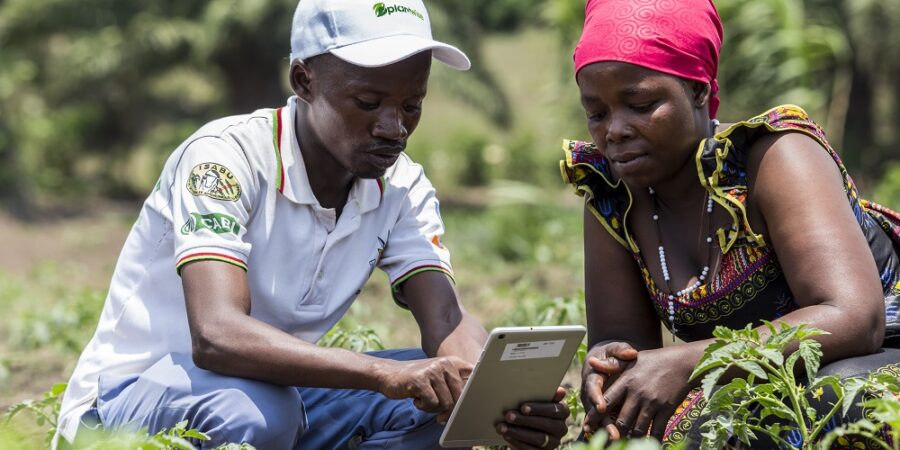Ghana study has proposed seven key steps which should be taken to strengthen plant health system (PHS) and in doing so help improve the country’s food security and ability to tap into valuable export markets.
The research, published in the journal Sustainability, found that ghana PHS at the time an assessment was carried out demonstrated inadequate skills to serve farmers and insufficient capacity to diagnose crop pests which can affect yields and livelihoods.
Interventions proposed
Seven broad interventions have been proposed to help quickly strengthen the PHS of Ghana and include linking plant health policies, processes, planning and budgeting to Ghana Sustainable Development Goals.
Other recommendations include the provision of sufficient plant health equipment and infrastructure and the supply of good-quality, affordable pest control products, diagnostic tools and other agricultural inputs.
Agriculture in Ghana employs 84% of the working population, provides 95% of the food supply and contributes nearly 40% towards the country’s gross domestic product. It also accounts for more than 90% of foreign exchange earnings and is the leading supplier of raw materials for the agro industry.
However, agricultural productivity in Ghana is hampered by several issues including crop pests and diseases, occasional droughts and floods, limited cash for inputs such as fertilizers and plant protection products, and inefficient use of water resources.
It is also impeded by land fragmentation, lack of cash and credit facilities among smallholder farmers and limited access to research and extension services.
Plantwise support

Leave a Reply